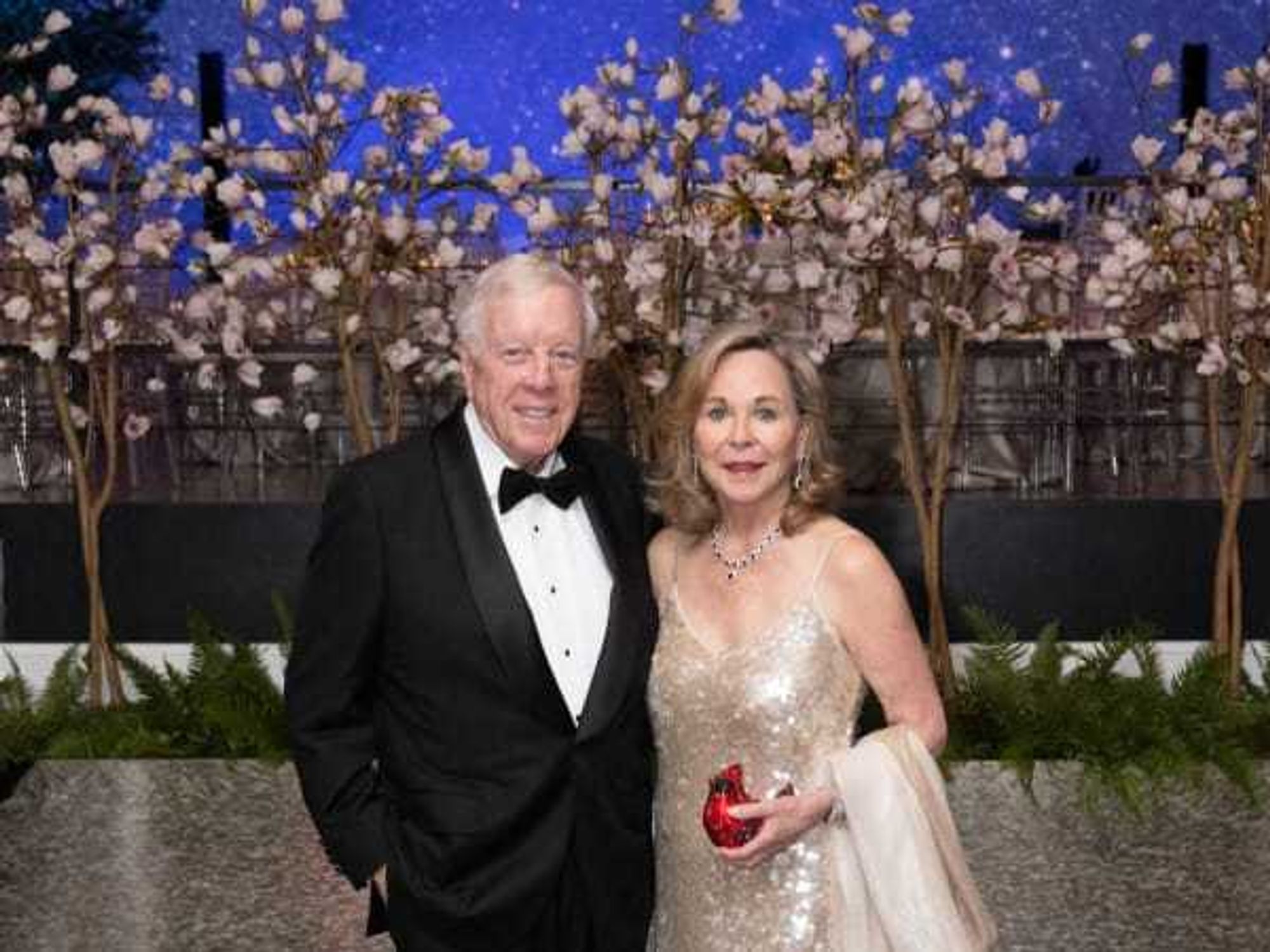Computer Cancer Breakthrough
Watson, I Presume? Famous Jeopardy supercomputer to fight cancer for M.D. Anderson
One year after kicking off the Moon Shots Program, the University of Texas M.D. Anderson Cancer Center reports that its bold initiative to literally "end cancer" is making major gains. Thanks in part to a rather famous TV celeb supercomputer.
“This ambitious quest is becoming a reality, and we’re off to a very solid start," M.D. Anderson president Dr. Ronald DePinho said in a statement about the program, which takes its name from John F. Kennedy's 1962 call to put a human on the moon in eight short years.
It's made possible by Watson, the IBM artificial intelligence platform made famous after a 2011 winning streak on Jeopardy.
DePinho notes that the initiative's six research groups — called "moon shots" — already have managed to launch innovative clinical trials as well as new research into treatment resistance. Prevention and family risk assessment efforts are also taking shape.
“In these earliest days of the moon shots, we already see a trajectory for tremendous progress in the years to come,” DePinho says.
Among the most impressive milestones has been the evolution of the APOLLO project, a "big data" system that culls through data from a million past and current cancer patient to uncover new patterns and insights. The massive technological undertaking is made possible by Watson, the IBM artificial intelligence platform made famous after a 2011 winning streak on Jeopardy. Watson famously routed renowned Jeopardy champion Ken Jennings during that run.
Watson's data mining will help determine which treatment works best for various cancers. Leukemia will be the first cancer that the supercomputer takes on.
The Moon Shots Program has enjoyed tremendous financial support in its inaugural year with more than $139 million in private philanthropic commitments. Oil heiress Lyda Hill — whose tycoon grandfather H.L. Hunt inspired the J.R. Ewing character on Dallas — has donated $50 million to the program.
Funding has gone to support an highly collaborative network of doctors and researchers honing in on eight specific cancer types — melanoma, myeloid and lymphocytic leukemias, and myelodysplastic syndromes as well as lung, prostate, breast and ovarian cancers. All new Moon Shots advances will make their way into the M.D. Anderson's arsenal of caner-fighting strategies.
